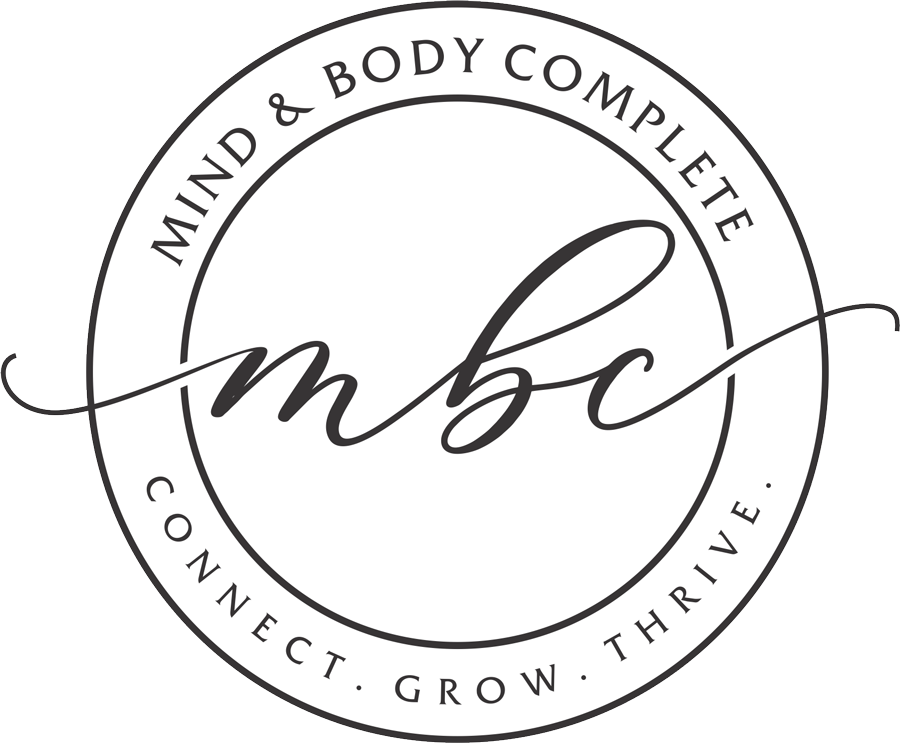The other day I was getting my butt kicked by Ally Love on my Peloton app. While she was whooping us, Ally talked about the difference between ‘want’ and ‘need.’
I’d heard this concept before, but I liked thinking about it in this context. Basically, a want would be, “I really want to stop pedaling because this is hard.” A need, on the other hand, would be, “Something is hurting so I need to take a break or slow down.”
A want is driven by the present moment. Our wants lack specificity.
- “I want to stop going to xyz because it’s too much”
- “I want to call it quits because it’s too hard”
- “I want someone else to do this because I’m not capable”
When we bring greater awareness to our thoughts, we can evaluate these wants. Are we just wanting to give up, and take the easy way out? Or does this want actually contain a deeper need? It reminds me of wishing vs working:
- “I wish I was healthier” versus “I’m working on my health”
- “I wish I had a more successful career” versus “I’m working on building my business”
With wanting, we put ourselves in a powerless state of mind, wishing for a change but not taking specific action. If we determine the underlying need, we can frame it in a constructive way and give ourselves a path to success.
Three signs you are burned out from not listening to your needs:
- You are constantly fatigued and have trouble sleeping at night due to “your brain not being able to turn off.”
- You are unusually short tempered and very reactive.
- You are constantly berating yourself for things you are forgetting or doing ‘poorly.’
If you’ve ever had these symptoms, you need to tune in to yourself. Explore what is at the root of them, or what situations trigger them. By bringing more awareness to your body’s signals, you might find, for example, that school, work, or parenting are running you down. Then you can reframe your wants into more constructive thoughts in order to address the underlying needs.
How to reframe your wants:
The original: “I want to stop going to night classes because it’s too much.”
… could maybe look like this: “I need more balance so I’m only taking one class this semester.”
… or “I can do hard things and am getting better at asking my advisor for help.”
~
The original: “I want to call it quits on this work project. It’s too hard.”
… could maybe look like: “I’m proud that I’m doing this despite the challenges.”
… or “I’m excited to outsource this so my energy can be better spent.”
~
The original: “I want someone else to deal with my child’s tantrums. I’m not a good enough parent.”
…could maybe look like: “Parenting is really hard work, but I have what it takes to continue to learn and grow.”
… or “I’m going to look for additional resources at my child’s school and connect with parent groups so that I can find support.”
With the original train of thought, we are blaming and shaming ourselves. We are avoiding and disempowering ourselves. Our body is probably giving us signals that something’s gotta give, but we tune those signals out and talk down to ourselves instead.
If our wants are just wishful thinking, then we aren’t taking effective action to make a change. Each scenario had two reframing options: the first option stuck with the challenge but had a different mindset. The second option took action to change the circumstances: outsourcing something, taking time off, or bringing in more resources. These effective responses set us up for real progress.
How to tune into your needs and take action:
First, evaluate your decisions and choices. Are they based on a need to please or to ‘show off’? You may think you want that recognition from others, but it can lead you down a path of burnout and unmet needs. Instead consider if your decisions are based on what brings you joy, challenges your growth, and provides opportunities to learn.
Then, find a way to be reflective (not reactive). If you feel that immediate sense of fear or anger, can you pause and reflect: What is really going on here? What am I really upset about? What is a different way I can respond or wait till this passes? This may help you find a strategy to actually meet your underlying needs.
Ultimately the key is awareness and intention. By bringing greater awareness to your thoughts, decisions and choices, you can be more in tune with what your needs really are, and bring your life into a better balance. I would love to hear how you bring more awareness and intention to your thoughts, decisions & actions (especially as we head into this crazy-hectic-chaotic time of year).







